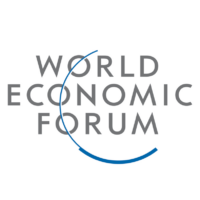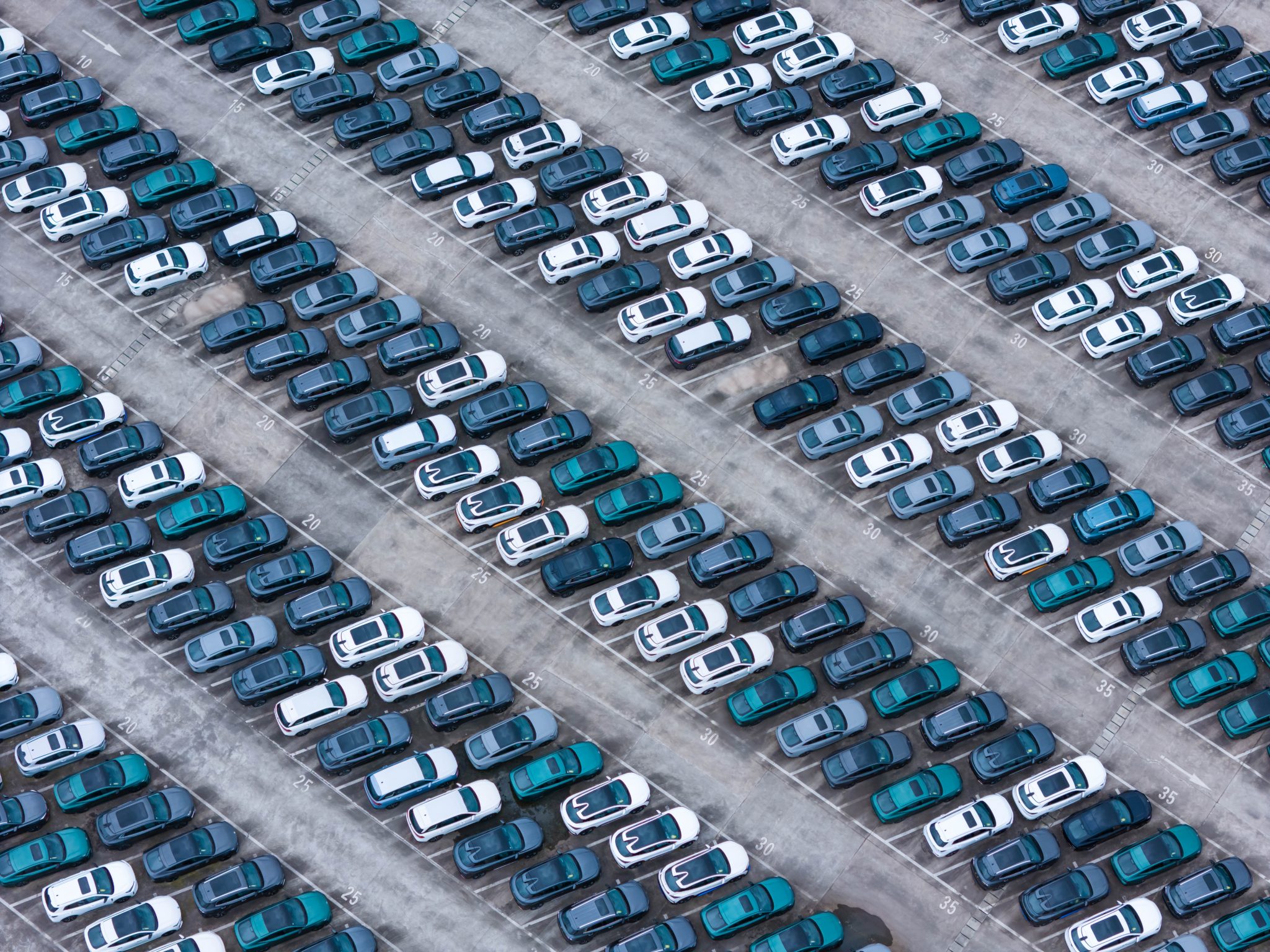Children today need to find their way in an increasingly uncertain world – a post-pandemic world of climate change, automation and rapid digitisation.
- When education was massively disrupted by COVID-19, many children were already facing disruption posed by climate change and the Fourth Industrial Revolution.
- To enable children to thrive, society needs to focus on creating learning systems that develop skills they need now and in the future.
- Improving students’ capacity for problem-solving could add an additional $2.54 trillion to the global economy.
This article is part of the World Economic Forum Annual Meeting
The compound effects of the pandemic, pre-existing inequalities, and the rapid technological change of the Fourth Industrial Revolution, mean that returning to the status quo not only risks undermining the global economic recovery, but also of holding back the potential of an entire generation.
To enable children to thrive, we must focus on creating learning systems that develop the skills that children, families, communities and societies really need for both today and tomorrow.
This is World Economic Forum’s vision for a future-proof Education 4.0, which reflects the LEGO Foundation’s ambition to reimagine education so that children emerge equipped with skills like critical thinking, problem solving, creativity and collaboration.
Innovative teaching methods to unlock skills
But how? In a forthcoming white paper, the LEGO Foundation has carried out our own comprehensive review to understand how to make Education 4.0 a reality. We found consistent evidence linking playful learning with the development of children’s holistic skills.
Play is the most natural way that children learn to not only read and write, but also develop physically, socially, cognitively, creatively and emotionally.
Yet, this is not widely reflected in education systems. Changing systems to better reflect this relationship between learning and play will require a mindset shift, as well as collaboration from parents, teachers and policymakers.








